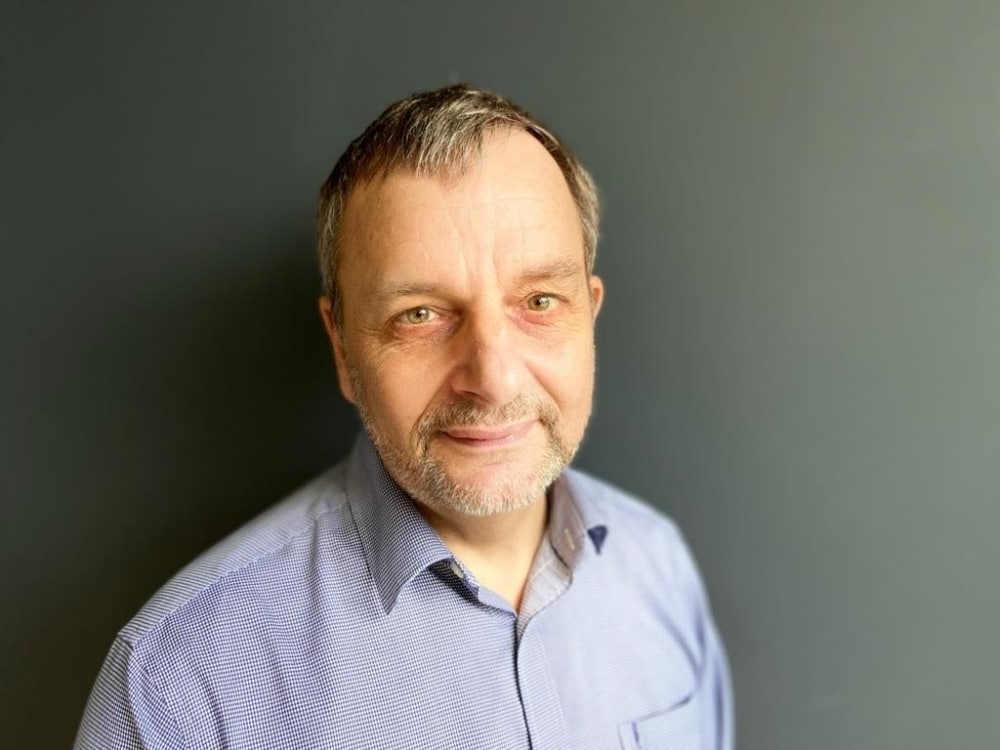To mark last week’s Barnardo’s Fostering Week, which ran from January 20-27, a new survey of their foster carers revealed that seven out of ten would recommend fostering to others.
More than 83 per cent said they do so because they want to make a difference to the lives of the children.
The number of children in care in England has rised to 78,150 but there are fewer fostering places available.
Barnardo’s is urgently calling for more people to help, and its Chief Executive, Javed Khan, said: “Fostering changes children’s lives. Foster carers give children the care, love and hope they need to recover from past trauma and achieve a positive future. We urge anyone interested in becoming a foster carer to get in touch.
“Barnardo’s has more than 100 years of experience finding families for vulnerable children.
“We support our foster carers throughout the process with training, opportunities to connect with others, and advice at the end of the phone.”
To become a foster carer, you must be aged 21 or over, have a spare bedroom, and the time and commitment to care for a child or young person.
Barnardo’s Fostering South-East is based in Southborough.
‘It’s highly rewarding but also challenging’
Paul Beard of Tunbridge Wells was already a foster carer when he joined Barnardo’s in 2008 as a Legacy Marketing Officer. He is now a Regional Fundraising Manager for the South East. He describes how he and his partner Toni became foster carers and what it’s meant to them:
Our youngest child was four – and eight years younger than his closest sibling, and we were worried he would not have the company of similar aged children. So we thought that fostering a similar aged child would be great for both our son and also a vulnerable child who needed a home and a family on a long-term basis.
At the time I wasn’t working for Barnardo’s, but I had heard that their fostering service provided good back-up and support to both foster parents and the children.
My partner Toni and I were interviewed by the service and asked to undertake a detailed analysis of our background, including our own childhoods and how we were brought up.
Our friends were also interviewed to understand how we had brought our four children up, and also to look at the strength within our relationships with our children and between ourselves.
It is a rigorous process but it has to be that way when you are dealing with vulnerable children and their lives. It took just over a year to complete all of the necessary interviews and checks and paperwork.
We undertook a number of respite requests [for other foster carers] before Mark joined us in 2002 as our first-long term placement.
Virtually all our placements were for three-plus years, and in some cases five years. Most children that we looked after were 14, 15 or 16 years old. Mark was eight and a half years old and he had ADHD as well as attachment issues. He was incredibly active and volatile.
The support from Barnardo’s was invaluable at this time to help us manage these situations, and remaining calm became our mantra.
It was definitely a challenging placement, and as a family it took us time to adapt. But things eventually settled down and Mark became an integral part of our family.
In many ways he was an extraordinarily endearing, caring and thoughtful youngster and had a really positive impact in developing our children’s awareness of others and understanding their own privilege.
In addition to Mark we had six long-term placements in total – and each child we cared for brought their own rewards.
This was particularly the case with four asylum-seeking Afghani youngsters, who stayed with us for two to four years. They gave us a fascinating insight into their previous lives, religion and culture.
Without doubt fostering has influenced our family for the better… and I would encourage families who
are considering fostering to give it a go.
For more information, call 01892 510650 or visit barnardos.org.uk/fostering-week








